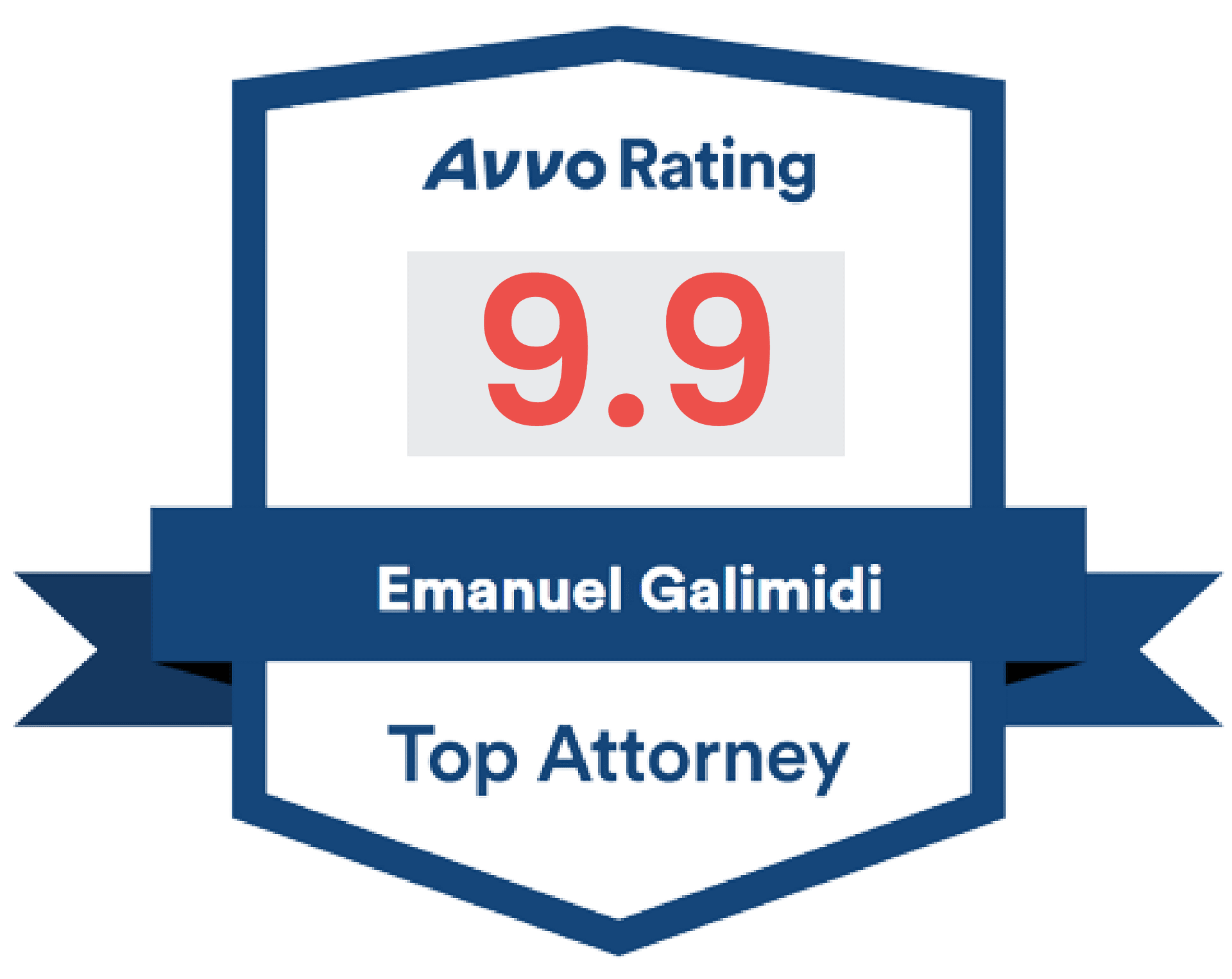Why is Negligence Important to a Slip and Fall Case?
Slipping and falling can be an embarrassing incident or a serious accident, depending on the circumstances. If you have suffered a fall on someone else’s property, you may wonder if you have a valid personal injury claim for the damages you suffered. To bring a successful claim, you must be able to show that the property owner acted negligently. But what does that mean? A knowledgeable Florida premises liability lawyer can break down the responsibilities of a property owner to visitors and explain when they could be held liable for injuries.
How Does Your Reason for Being on the Property Impact Your Slip and Fall Claim?
To determine whether a property owner has been negligent in their actions, you must first understand their responsibilities to you while you are on their property.
The duty owed to you by the property owner changes based on why you are on the premises. Under Florida law, there are three categories of visitors.
Invitee
An invitee is someone who is on the property with the knowledge and permission of the owner. An invitee is either there for the economic benefit of the property owner or is allowed to be on the property because it is open to the general public. If you are shopping at a store, visiting a restaurant, or walking in a public park, you are an invitee.
The property owner owes a high duty of care to an invitee and must keep their property in a reasonably safe condition for them. This includes protecting an invitee from any hazardous situations that the owner could have uncovered through a reasonable inspection.
Licensee
If a person has express or implied permission to be on a property, they are considered a licensee. Someone visiting a friend or family member’s house and a postal worker delivering packages are classified as licensees. The property owner must warn a licensee of any dangers they know about that the licensee is not likely to notice. However, they are under no obligation to inspect their property for hazards for the sake of a licensee.
Trespasser
Anyone on a property without the owner’s permission is a trespasser. Property owners do not owe adult trespassers a duty of care, but they cannot intentionally cause them harm through traps or other mechanisms. Owners do have a duty to keep their property from being an “attractive nuisance” that could encourage child trespassers to explore and get hurt.
How is Negligence Determined in a Florida Slip and Fall Claim?
Negligence is defined as a failure to behave with the same care that a reasonable person would use in the same situation. In many slip and fall cases, the property owner is negligent due to their failure to take the action required by their duty of care to the visitor.
There are typically four elements to proving negligence on the part of the property owner:
- Show that the defendant owed a duty of care to the plaintiff: The reason for the plaintiff’s presence on the property will determine the property owner’s responsibility to them.
- Demonstrate how the defendant breached that duty: Once the duty of care has been established, the plaintiff must prove that the property owner did not live up to that standard. In Florida, slip and fall victims must show that the owner had actual or constructive knowledge of a dangerous condition on the property and failed to remedy it. For example, if the plaintiff was an invitee who slipped because the property owner did not clean up a spill on the floor or place warning signs around it after learning of the condition, then the owner’s actions breached their duty to keep the invitee safe.
- Provide evidence of injury: In every personal injury claim, there must be an injury to their body or personal property for which the victim can seek compensation. A fall without injury is an accident but would not warrant legal action against the defendant.
- Prove that the defendant’s breach of duty directly caused the injury: A plaintiff must be able to show that the harm they suffered, such as broken bones or a concussion, was caused by their slip and fall.
What Actions Can You Take After Your Slip and Fall Accident to Protect Your Claim?
Accidents happen quickly, and the moments afterward can be hectic, but taking a few basic steps can help you ensure that you can recover the compensation you deserve:
- Take pictures: Accident scenes are often cleaned up and repaired quickly, and proof of the hazardous situation that caused your slip and fall could be lost. Images of the accident site can preserve crucial information and support your claim.
- Seek immediate medical attention: Some severe injuries may not be apparent right away. A prompt medical examination not only protects your health but provides a vital record of the link between your injuries and the accident.
- Make a report: If possible, file a written report with the business and get a copy. If the accident was on private property, write down the details of the incident as soon as you can. This document will help you recall important aspects of the accident that you might otherwise forget.
- Promptly contact a trusted personal injury law firm: An experienced slip and fall lawyer can begin investigating your case and building your claim while you focus on your recovery. If you’ve been injured on another person’s property due to their negligence, our compassionate legal team can help you recover damages, including medical bills, lost wages, pain and suffering, and more. Call our office today to schedule a free consultation.


















